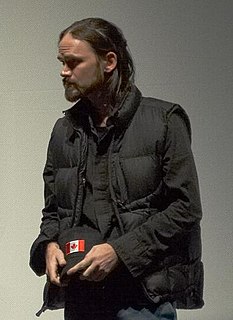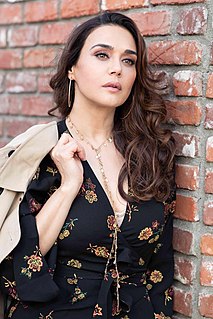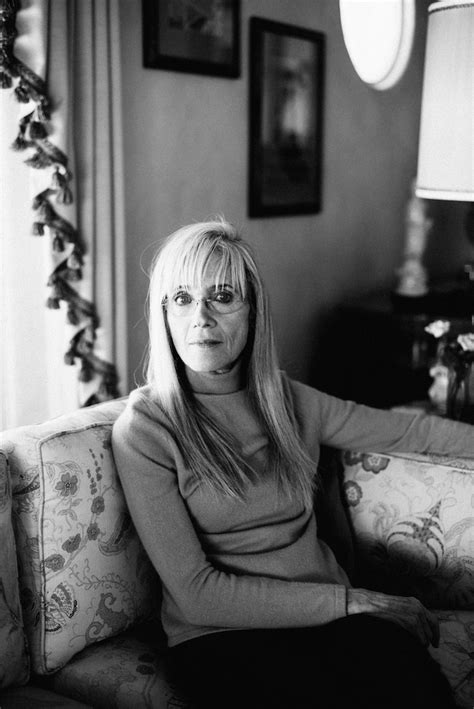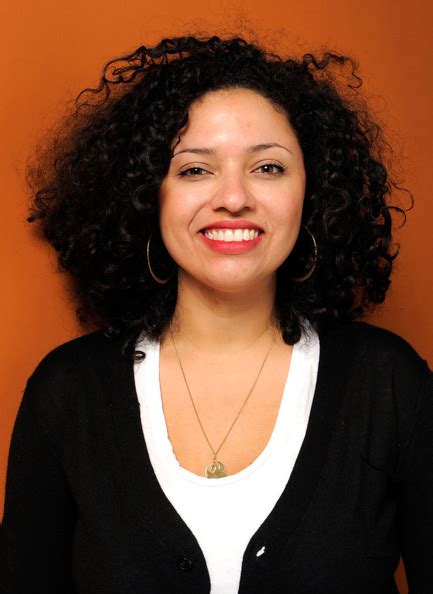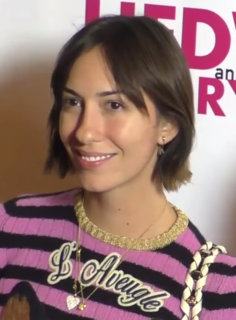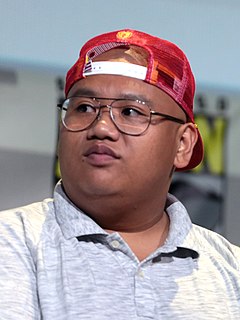A Quote by Peter Jackson
Every film is a challenge. I always say that making a movie is like film school - you're always learning. But unlike most schools, you never get done with it. You never learn everything.
Related Quotes
Your first film is always your best film, in a way. There's something about your first film that you never ever get back to, but you should always try. It's that slight sense of not knowing what you're doing, because the technical skills you learn - especially if you have a film that works, that has some kind of success - are beguiling. The temptation is to use them again, and they're not necessarily good storytelling techniques.
Every film, obviously, everyone starts out aiming at making it good, and in the end, filmmaking is really fragile. Making a film is like building a house of cards on the deck of a speeding boat, or playing chess on train tracks. Every opportunity feels like that; it's the one artistic field that's unlike most of the others.
In any film business, if you're trying to get your next film made, you would never say, 'Oh, my last film was a cult film.' I'd say, 'Oh, great, well I hope this one isn't!' I always say to Johnny Knoxville, 'How do you do it? You sort of do the same thing we did, except you made millions, and I made hundreds.'
In almost every book I've written, there is a reference to a movie - legendary films, actors and actresses, and forgotten made-for-TV movies. The leaps poems make are not unlike the cuts in a film. The miniature and avant-garde prose poets have perhaps the most obvious ties to film, as a prose poem in its shape is not unlike a movie screen.
I find that in the process of making a film you're constantly discovering things that you never even imagined would work at the beginning. Actors come into the film and do things you never even imagined. Production designers come in, the director of photography lights it in a way that you never imagined. So, it's always evolving, always exciting.
I naively thought I was making a low-budget movie. But, when the film came out, the Daily Variety reviewer at that time who was named Art Murphy described it as an exploitation film. I had never heard that term before. Roger never used it. So that's how I learned that I had made an exploitation film.
There hadn't been one done since the late 70s. I was living in Brooklyn, had no connection to Roger Corman, to no one in this movie. I didn't go to film school. I'm like the person who should have never made this film. But I just decided to put one foot in front of the other. I was writing film articles for magazines at the time. I convinced an editor from one of the magazines that I was working for to give me a shot to do a piece on Roger. This was an excuse to go meet him.


